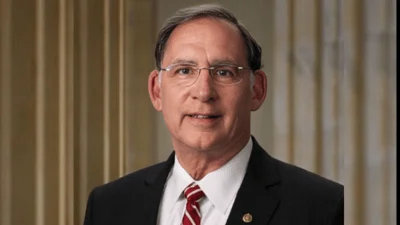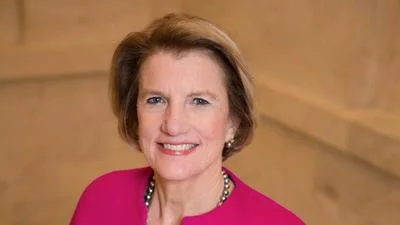Congressman Mike Quigley (D-IL), Chair of the Financial Services and General Government Subcommittee, delivered the following remarks at the Subcommittee's hearing on The Judiciary’s Budget Request for Fiscal Year 2022:
This morning we welcome the Honorable Roslynn R. Mauskopf, the newly appointed Director of the Administrative Office of the U.S. Courts and the Honorable John W. Lungstrum, Chair of the Judicial Conference Committee on Budget, to testify on the Judiciary’s fiscal year 2022 budget.
I would like to start this hearing by talking about transparency. At a time when faith in our institutions is at an all-time low, government transparency is critically important.
From my years in the court room I truly believe that greater public access to the federal courts increases accountability in the judicial system and in turn strengthens transparency and restores faith in our Democracy.
I am pleased that the Judicial Conference has expanded their policies to livestream audio in circuit courts and in selected proceedings in civil cases. And in March of 2020, the CARES Act authorized the Judiciary to livestream video for specific criminal proceedings.
These are all steps in the right direction.
However, I’m concerned that these measures are seen as a temporary fix to continue Judicial operations during the pandemic.
I would encourage the Judicial Conference to explore the benefits of permanently expanding its livestreaming practices. Creating more ways for the American people to view and understand our democracy in action is critical to its success.
Turning to the reason for this hearing, the budget. We appreciate the submission of your fiscal year 2022 request totaling $8.1 billion.
I’ve long been an advocate for ensuring the Judiciary is properly funded. Sufficient funds for our judicial system should not be a partisan issue.
I look forward to discussing how the requested funding supports the Judiciary’s priorities.
I’m interested in learning more about the Defender Program in light of last year’s Supreme Court decision that has referred a substantial number of state cases to Federal prosecutors, thereby flooding the Federal Defender system.
And I would like to learn more about the progress made on improving workplace misconduct procedures at the Judiciary and on standing up a robust new office of Judicial Integrity.
I know this budget was prepared close to two years ago, when the thought of teleworking was a novel idea and not a necessity. So, I hope we can use this time today to discuss Judiciary’s evolving IT needs.
We also need to talk about physical security needs and any necessary supplemental funds.
Just as it did for the legislative branch, the insurrection on Capitol on January 6th raised some serious concerns about the safety and security of our hardworking judges and judicial staff and physical security needs. In and outside of the courtroom, as we saw with the tragic shooting at a Federal judge’s home in New Jersey.
Once again, I thank you for joining us this morning and I look forward to your testimony.
Source: U.S. Department of HCA









